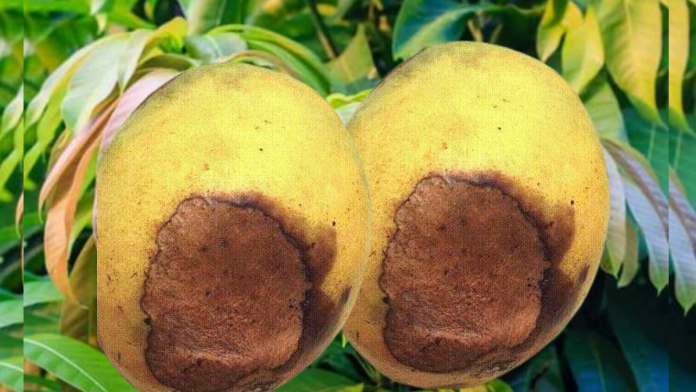News in brief: Heatwaves in Egypt are causing significant damage to mango crops in the Nubareya region, leading to crop loss and concerns about export quality. The excessive heat and sunburn are impacting the fruit’s appearance and rendering them unfit for export, affecting the country’s revenue from fruit exports and potentially leading to lower prices for local consumption.
Heatwaves in Egypt, a North African country of are reportedly wreaking havoc on mango crops. Mango farmers in the Nubareya region of El Beheira province decried the situation, citing sunburn as a reason for crop loss.
The issue is not just a local one as much of the mango harvests this summer were intended for export. Egypt is among the top ten exporters of the fruit with its products going to countries like France, Germany, the Netherlands, the UK, Russia, and the Gulf countries.
Sunburn, a condition that damages the cells in fruits’ skins due too much heat, is a common occurrence in fruit grown in dry areas of Africa, including Egypt. It ruins the flesh if temperatures exceed the mid 40âs, causing them to dry up and show brown patches.
Speaking to reporters, Egyptian mango farmers said that the heatwave has made crops unfit for export after customs inspection. The situation is even made worse as a single sunburnt fruit can spread and ruin a whole batch of mangoes with discolouration.
The country’s agricultural ministry said they have received reports of heat-affected harvest from mango farmers but they did not expect it to affect the countryâs overall revenue from fruit exports. Although the ministry does operate a strict policy on quality control of fruits that leave the country.
Sunburnt mangoes, which are not cleared for export owing to their condition, are likely to be sold locally at lower prices to local juice shops. Since mangoes are not widely consumed in Egypt, it means high prices will only further discourage local consumption.
Egypt typically produce up to 1.3 million tonnes of mangoes annually, but this number fluctuates frequently, leaving it open to speculations. Farmers have blamed climate change for the unpredictable weather patterns, which they say poses a threat to their agricultural production. Although, heatwaves are common in July and early August, local farmers have noted increased temperatures this year.



